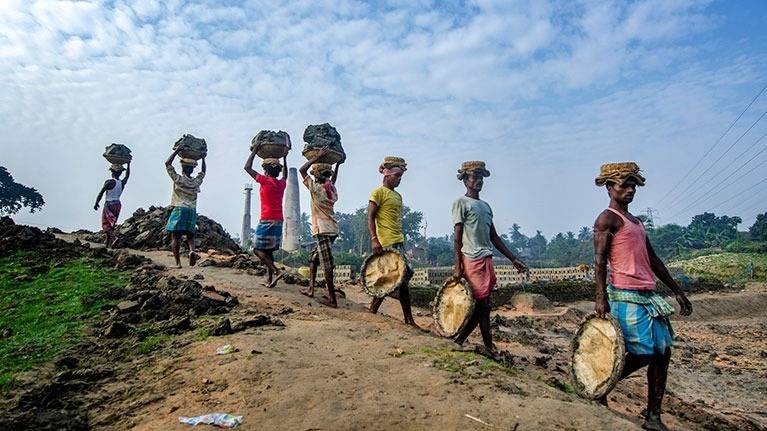The number of people in modern slavery has risen significantly in the last five years — 10 million more people were in modern slavery in 2021 compared to 2016 global estimates….reports Asian Lite News
In its latest report, the Geneva-based International Labour Organization (ILO) said that 50 million people were living in modern slavery in 2021.
According to the latest report by the UN agency titled, ‘Global Estimates of Modern Slavery’, 28 million of these people were in forced labour and 22 million were trapped in forced marriage.
The number of people in modern slavery has risen significantly in the last five years — 10 million more people were in modern slavery in 2021 compared to 2016 global estimates.
Women and children remain disproportionately vulnerable, says the report.
Modern slavery occurs in almost every country in the world, and cuts across ethnic, cultural and religious lines. More than half (52 per cent) of all forced labour and a quarter of all forced marriages can be found in upper-middle income or high-income countries.
Regarding forced labour, most cases (86 per cent) are found in the private sector.
According to the report, forced labour in sectors other than commercial sexual exploitation accounts for 63 per cent of all forced labour, while forced commercial sexual exploitation represents 23 per cent of all forced labour.
Almost four out of five of those in forced commercial sexual exploitation are women or girls.
State-imposed forced labour accounts for 14 per cent of people in forced labour.
Almost one in eight of all those in forced labour are children (3.3 million). More than half of these are in commercial sexual exploitation.
The report says that an estimated 22 million people were living in forced marriage on any given day in 2021 — an increase of 6.6 million since the 2016 global estimates.
“It is shocking that the situation of modern slavery is not improving. Nothing can justify the persistence of this fundamental abuse of human rights,” said ILO Director-General, Guy Ryder.
Antonio Vitorino, IOM Director-General, said: “This report underscores the urgency of ensuring that all migration is safe, orderly, and regular. Reducing the vulnerability of migrants to forced labour and trafficking in persons depends first and foremost on national policy and legal frameworks that respect, protect, and fulfil the human rights and fundamental freedoms of all migrants, and potential migrants, at all stages of the migration process, regardless of their migration status.”

Leave a Reply